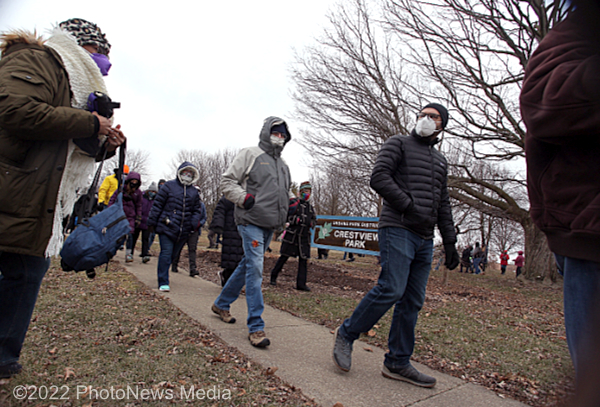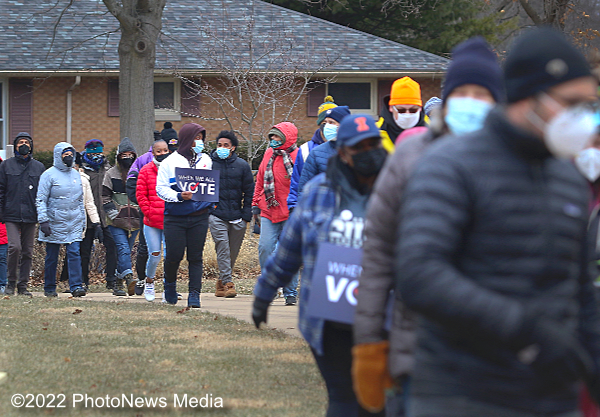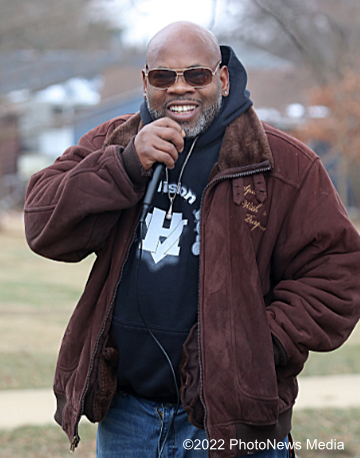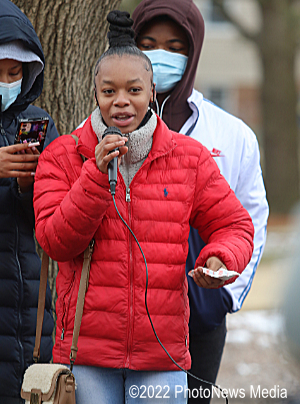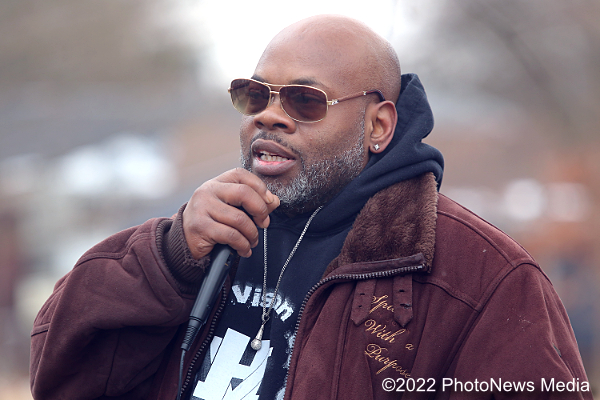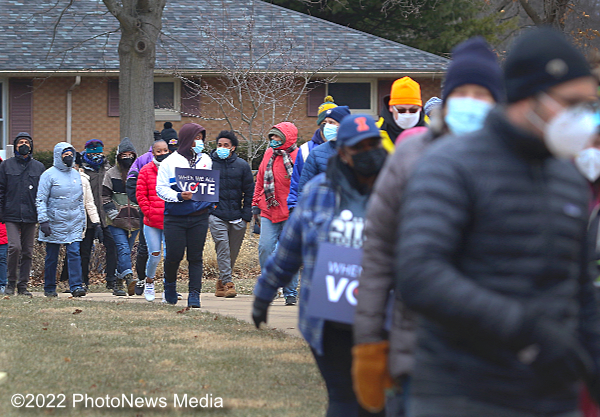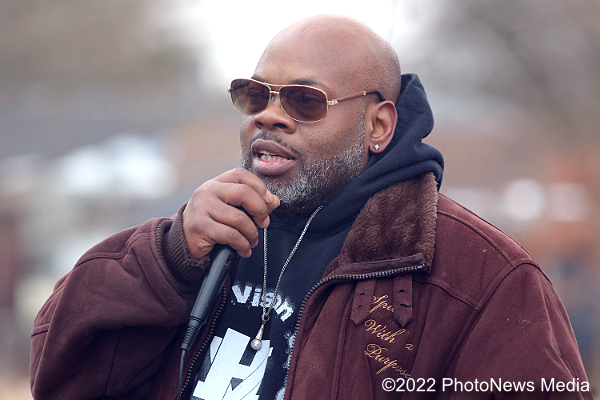 By Dedrick Asante-Muhammad & Chuck Collins
This January marks what would have been Dr. Martin Luther King, Jr.’s 95th birthday. Nearly a century after the late civil rights leader’s birth, it’s a good time to reflect on the work still to be done.
By Dedrick Asante-Muhammad & Chuck Collins
This January marks what would have been Dr. Martin Luther King, Jr.’s 95th birthday. Nearly a century after the late civil rights leader’s birth, it’s a good time to reflect on the work still to be done.
 Just over 60 years ago, in his famous “I Have A Dream” speech at the 1963 March on Washington, King declared: “We refuse to believe that there are insufficient funds in the great vaults of opportunity of this nation. And so we’ve come to cash this check, a check that will give us upon demand the riches of freedom and the security of justice.”
Sixty years on, as our report “Still A Dream” highlighted late last year, there’s been some progress. The African American community is experiencing record low unemployment, record highs in income and educational attainment, and has seen a massive decline in income poverty since the 1960s.
Despite all that, the check for racial economic equality is still bouncing. Without intervention, we found it will take centuries for Black wealth to catch up with white wealth in this country.
The 1960s were years of crucial economic progress for African Americans, even as the Black Freedom struggle faced assassinations and government suppression. In 1959, when King was 30, 55 percent of African Americans lived in income poverty. By what would have been his 40th birthday in 1969 (a year after his assassination), that poverty rate had dropped to 32 percent.
Yet this substantial progress still wasn’t enough to bridge the radical and ongoing racial economic divide between Blacks and whites. And since then, progress has slowed.
Just over 60 years ago, in his famous “I Have A Dream” speech at the 1963 March on Washington, King declared: “We refuse to believe that there are insufficient funds in the great vaults of opportunity of this nation. And so we’ve come to cash this check, a check that will give us upon demand the riches of freedom and the security of justice.”
Sixty years on, as our report “Still A Dream” highlighted late last year, there’s been some progress. The African American community is experiencing record low unemployment, record highs in income and educational attainment, and has seen a massive decline in income poverty since the 1960s.
Despite all that, the check for racial economic equality is still bouncing. Without intervention, we found it will take centuries for Black wealth to catch up with white wealth in this country.
The 1960s were years of crucial economic progress for African Americans, even as the Black Freedom struggle faced assassinations and government suppression. In 1959, when King was 30, 55 percent of African Americans lived in income poverty. By what would have been his 40th birthday in 1969 (a year after his assassination), that poverty rate had dropped to 32 percent.
Yet this substantial progress still wasn’t enough to bridge the radical and ongoing racial economic divide between Blacks and whites. And since then, progress has slowed.

Library of Congress/Unsplash
About the authors . . .

Chuck Collins

Dedrick Asante-Muhammad

Chuck Collins

Dedrick Asante-Muhammad
Dedrick Asante-Muhammad is the chief of Race, Wealth, and Community at the National Community Reinvestment Coalition.
Chuck Collins directs the Program on Inequality and co-edits Inequaity.org at the Institute for Policy Studies. They are co-authors of the report, Still a Dream: Over 500 Years to Black Economic Equality. This op-ed was distributed by OtherWords.org.

